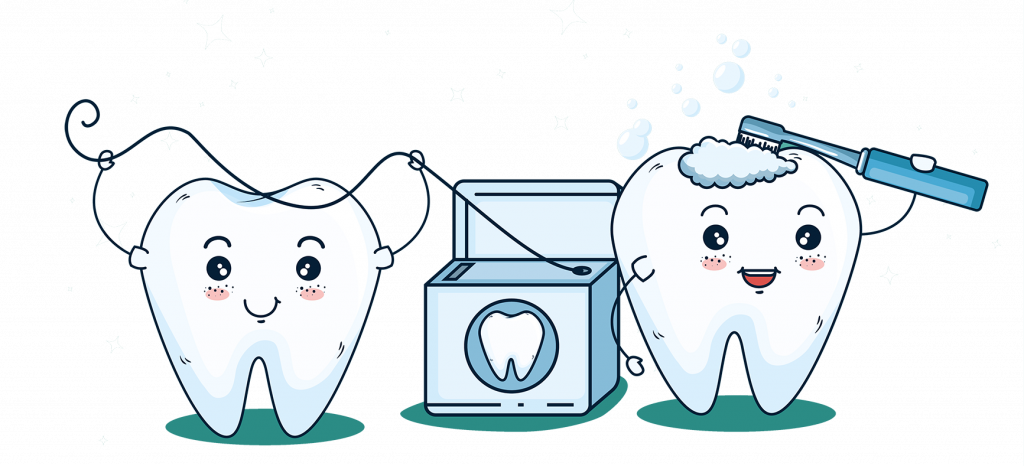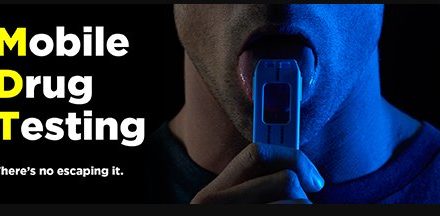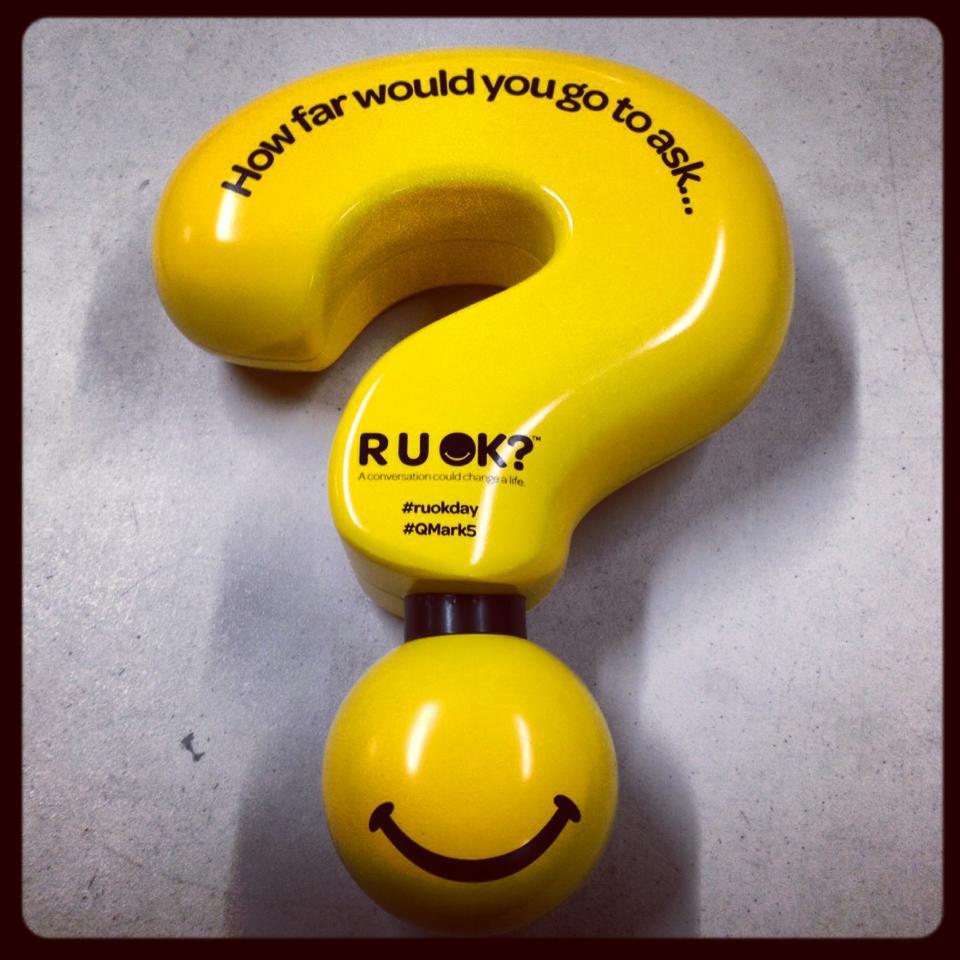Despite increasing technology and many modern-day advances in dentistry, an alarming number of children still suffer from dental decay. Australian statistics show decay rates in children have been increasing since the mid ‘90s. Australian figures show nearly half of children aged 12 have experienced decay in at least one permanent tooth.
It is specifically the sugary foods and drinks in our everyday diet which are capable of causing dental decay. While we all strive to pack a healthy lunch, having a second look at what goes into a school lunchbox may save your child from experiencing pain due to tooth decay.

It is important to be aware of many ‘hidden’ snacks in your child’s diet. Birthday cake, cupcakes and other snacks may creep into your child’s diet without you ever being aware. Many perceived healthy foods and snacks have very high sugar content. Foods including dried fruit, muesli bars, snack bars, peanut butter, biscuits, crackers and potato chips have the potential to lead to dental decay. Especially harmful are the sticky fruits and snack bars that stick to teeth for long periods of time. Likewise, sipping juice or frozen juice bottles, although refreshing, will also prolong the food source for decay causing bacteria. Water remains the best option for a refreshing drink. Many of these foods are hard to avoid, however it is worth reminding children of the importance of having a good drink of water after eating snack foods.
Cheese is one of the healthiest snacks for your child’s teeth. In addition to providing large amounts of much-needed calcium, cheese also does its part to fight cavities. Cheddar, Swiss and Mozzarella all stimulate saliva glands to clear the mouth of debris. Saliva helps to protect teeth by neutralising acid produced after eating sugary snacks. Other good snacks are nuts and fruit (as long as you wash it down with some water straight after you have eaten).
Many children suffer dental trauma from falls while an object is in their mouth. Bottles, pacifiers, sippy cups, lollipops and even toothbrushes will produce lacerations to the lips or gums and palate. It is therefore crucial to encourage children to sit down whilst eating or drinking. Protecting your children’s teeth with a mouthguard is a relatively easy way to prevent dental trauma during sporting activities. There are many types of mouthguards, however, the best protection is provided by a custom-made mouthguard from your dentist. The mouthguard is made from a simple impression or mould that can be taken of the mouth. It usually takes less than a week for one to be manufactured and they are available in all team colours!!
Remember: Flossing teeth is the only way to prevent holes forming in between teeth and children need to brush and floss twice daily with adult supervision until age 12.

Dr Ian Sweeney is a dental surgeon at
Northside Dental & Implant Centre, Turramurra.











